How Many Grams Of Protein Per Day Do We Need?
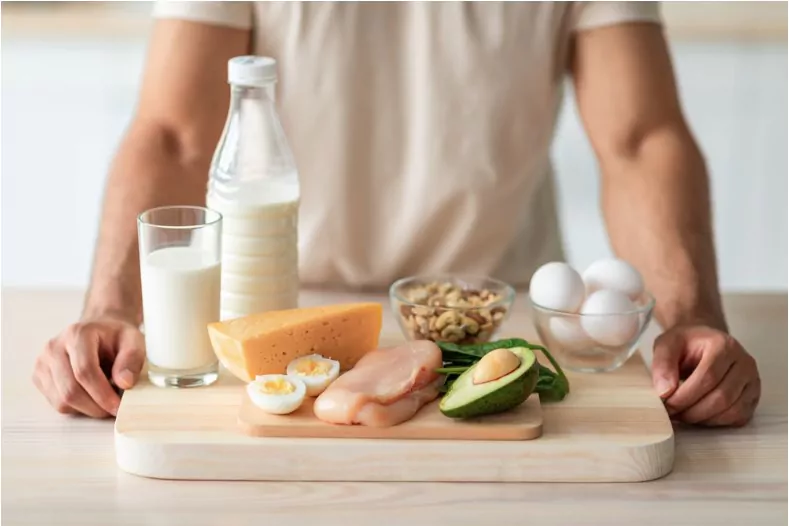
Understanding how many grams of protein per day is essential for optimal health is crucial. Protein, composed of amino acids, the building blocks of the body, is vital for maintaining muscle mass, body tissues, and overall good health. Meeting daily protein intake is paramount, especially for those aiming to lose weight, gain muscle, or those who are physically active.[1]
- The Importance of Protein
- Understanding Amino Acids
- Determining Protein Needs
- Incorporating Adequate Protein
- Protein Intake and Kidney Function
- Animal vs. Plant Protein
- High-Protein Diets
- Balancing Protein and Calories
- Lean Proteins and Weight Management
- Incorporating Varied Protein Sources
- Exercising Caution with Protein Supplements
- Sports Medicine and Protein Needs
- The Role of Protein in Good Health
- Wrapping Up
1 The Importance of Protein
Proteins are crucial as they play a significant role in forming the structural component of cells, thereby contributing to muscle mass. They are involved in various bodily functions, serving as enzymes, carriers, and hormones. Adequate protein consumption ensures the proper functioning of the body and maintains lean body mass.
2 Understanding Amino Acids
Amino acids are fundamental to proteins. They are classified into essential amino acids, which the body cannot produce and must be obtained from dietary protein, and non-essential amino acids, synthesized by the human body. The body uses these amino acids as building blocks to form proteins, maintaining body tissues and contributing to various physiological processes.
3 Determining Protein Needs
Determining how much protein one needs is influenced by factors like age, lifestyle, body weight, and muscle mass. The Recommended Dietary Allowance (RDA) suggests 46g of protein per day for women and 56g for men. However, sports medicine studies show that active individuals may require more protein.
For healthy adults, the general guideline is 0.8 grams of protein per kilogram of body weight. However, those aiming to build muscle or lose weight might require a higher protein intake, around 1.2-2.2 g/kg of body weight. Essentially, individuals with greater lean mass or those looking to gain muscle may need to consume more protein.
Incorporating Adequate Protein
Attaining an adequate daily protein intake is feasible through a varied diet comprising high-protein foods like lean meats, Greek yogurt, and other protein-rich foods. Consuming a balanced amount of animal foods and plant proteins ensures the intake of all essential amino acids.
Consuming protein is particularly vital for those looking to lose weight, as it can help in maintaining lean mass while losing fat. A higher protein intake can lead to a reduction in overall energy intake, aiding in weight loss. However, it’s crucial to balance protein consumption with daily calorie intake to avoid excessive intake of calories.
Protein Intake and Kidney Function
Excessive protein intake has raised concerns related to kidney function, especially in individuals with pre-existing kidney disease. It is essential to monitor protein intake in such cases to avoid further deterioration of kidney function. While too much protein intake is beneficial for muscle growth and weight loss, moderation is crucial for those with kidney issues.
Animal vs. Plant Protein
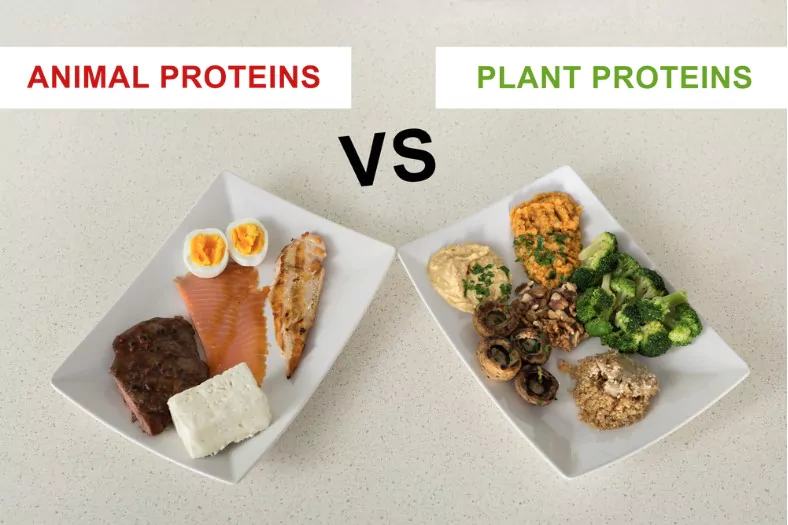
Protein sources can be either animal or plant-based. Animal proteins, found in meats, dairy, and eggs, are considered complete proteins as they contain all essential amino acids. Conversely, plant-based proteins, obtained from whole grains, legumes, and other plant foods, are often labeled as incomplete proteins as they might lack one or more essential amino acids.
However, combining varied plant-based proteins can provide all essential amino acids, making plant foods a viable protein source for those following a plant-based diet. This combination could include eating protein from legumes with whole grains or consuming a blend of varied plant foods.
High-Protein Diets
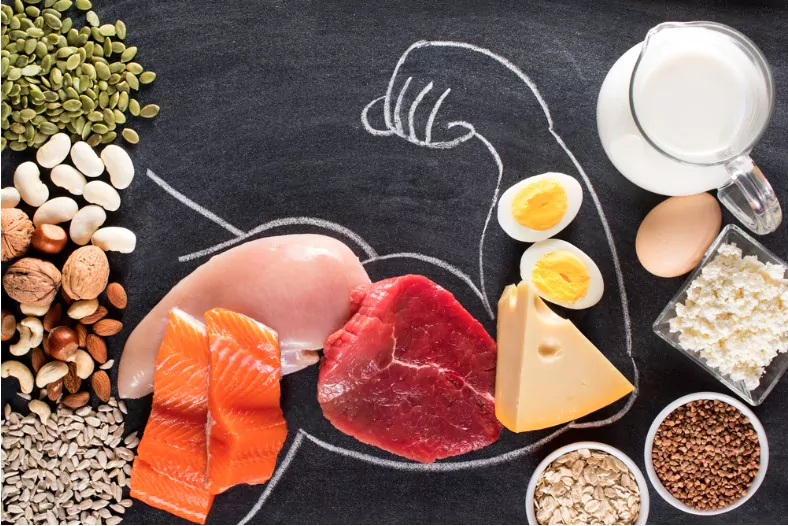
High-protein diets are often recommended for building muscle and losing weight. Evidence suggests that eating more protein can lead to increased muscle protein synthesis and a reduction in body fat. When accompanied by regular physical activity, a high-protein diet can contribute significantly to muscle growth and improved body composition.
A high-protein diet can also aid in weight loss by promoting satiety and reducing overall calorie intake. Consuming fewer calories while maintaining adequate protein and nutrient intake is crucial for sustainable weight loss.
Balancing Protein and Calories

It is imperative to balance enough protein intake with daily calorie needs to prevent excessive calorie consumption leading to weight gain. Excess calories, regardless of the source, can lead to weight gain, nullifying the benefits of a high-protein diet. It’s important to monitor both protein consumption and overall energy intake to maintain or achieve the desired body composition.
Lean Proteins and Weight Management
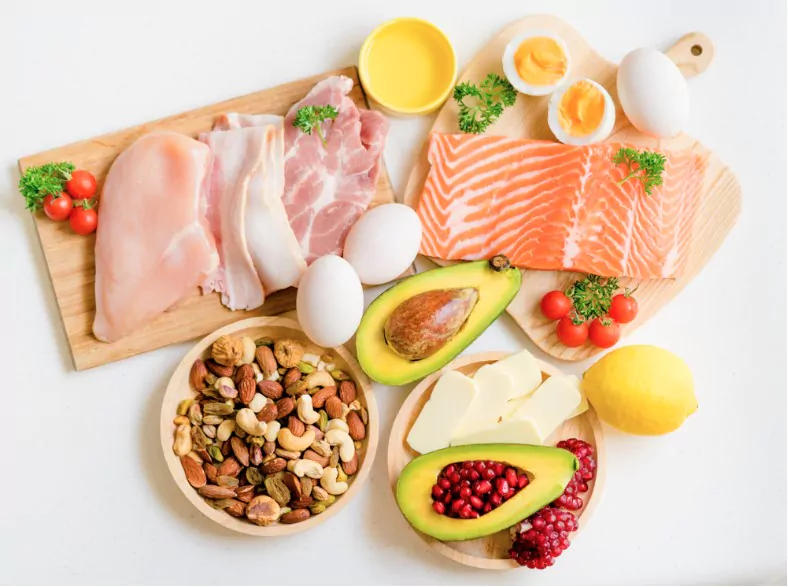
Including lean meats and other low-fat protein foods in the diet can aid in weight management. Lean proteins provide essential amino acids with fewer calories, supporting muscle mass while promoting fat loss. Consuming protein from lean sources like chicken breast, fish, and Greek yogurt can help in maintaining a balanced and healthy diet.
Incorporating Varied Protein Sources
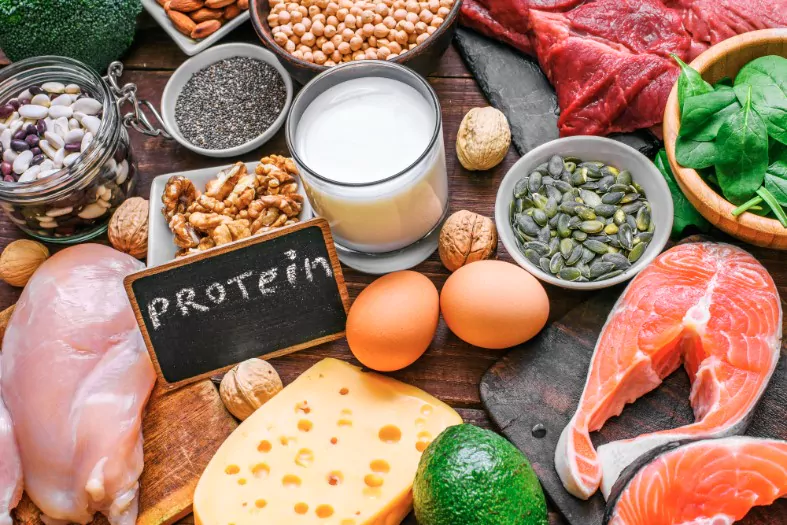
Lifestyle factors like physical activity levels and dietary preferences play a pivotal role in determining protein needs. Physically active individuals and athletes may require additional protein to support muscle recovery and growth. Those following specific dietary patterns like vegetarianism or veganism may need to incorporate varied plant sources to meet their protein needs.
Exercising Caution with Protein Supplements
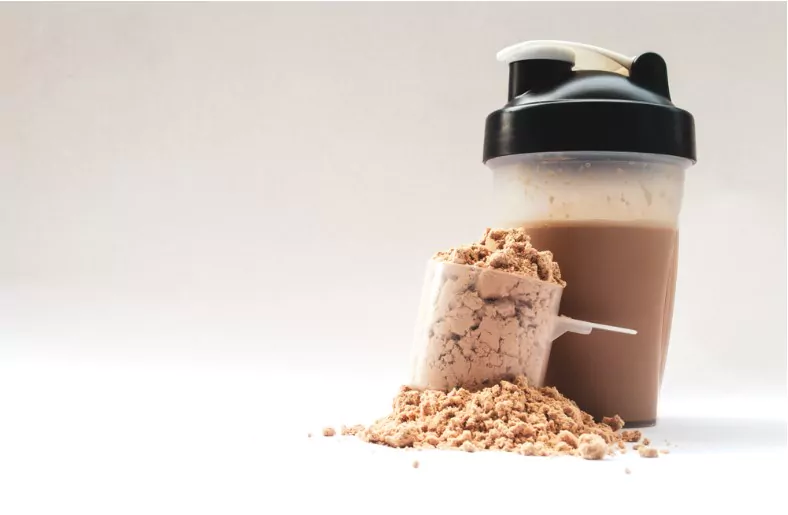
While protein supplements can offer a convenient way to increase protein intake, it’s crucial to rely primarily on whole foods. Real food provides a range of nutrients, including vitamins and minerals, which are beneficial for overall health. Additionally, the quality of protein supplements can vary, so choosing a reputable brand is essential.
Sports Medicine and Protein Needs

The field of sports medicine emphasizes the importance of protein in athletic performance and recovery. Athletes striving to gain muscle mass and enhance performance may benefit from a higher protein intake, complemented by a balanced diet and regular training. Adequate protein, along with proper hydration and sufficient calorie intake, is crucial for optimal athletic performance.
The Role of Protein in Good Health
Maintaining optimal protein intake is fundamental for good health. Protein supports various bodily functions, contributes to muscle growth, and aids in maintaining lean body mass. Additionally, adequate protein is vital for those looking to lose weight, as it can help reduce overall calorie intake by promoting satiety.
4 Wrapping Up
Understanding how to consume protein is crucial for maintaining good health, building muscle, and losing weight. A balanced intake of essential amino acids through a variety of protein sources, including both animal foods and plant proteins, is vital.
While higher protein intake can be beneficial for muscle mass and weight loss, balancing it with overall calorie intake is essential to prevent excessive energy intake and potential weight gain. Those with specific health conditions, like kidney disease, should exercise caution and consult healthcare providers to determine appropriate protein levels.
Maintaining a balanced diet, rich in varied protein sources and accompanied by regular physical activity, can contribute to optimal health and well-being. Whether through lean meats, dairy, plant-based proteins, or a mix, meeting daily protein needs is attainable and essential for everyone, from athletes to those leading sedentary lifestyles.
Community Q&A
References
-
1.
Marta Lonnie, Emma Hooker, Jeffrey M. Brunstrom, Bernard M. Corfe, Mark A. Green, Anthony W. Watson, Elizabeth A. Williams, Emma J. Stevenson, Simon Penson, and Alexandra M. Johnstone: Protein for Life: Review of Optimal Protein Intake, Sustainable Dietary Sources and the Effect on Appetite in Ageing Adults. - Retrieved on March 16, 2018
About This Article
This article has been viewed 210 times.



